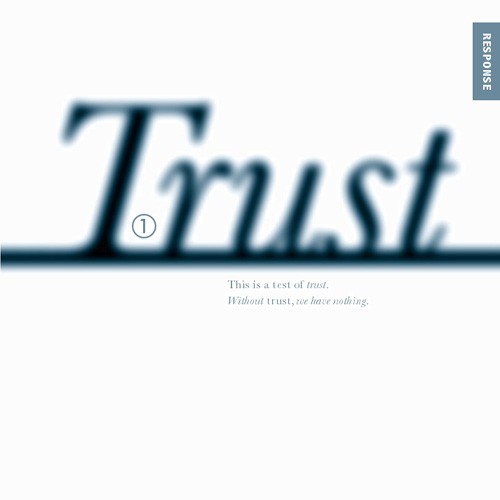
Why is it important that others align with their higher self, to find this understanding?
The goal of all life is, ultimately, to create happiness by meeting all the needs for survival, followed by the needs that lead to self actualization. Maslow identifies this with his hierarchy of needs, which ascends in 5 levels (physiological, safety, love, esteem, and finally, self-actualization.)
Perhaps, for one thing, there is nothing more boring at parties than someone who hates their fucking job. Because you always want to know from them, why don’t you really just do a career, and not focus on a job instead?
Maybe the world would become a more enlightened (and happier) space, if we all do what it takes to create this for ourselves, with a higher goal in mind.
What would a mass form of idealism produce?
Would it form a shallow, utopian view? If we don’t assume responsibility for ourselves, whenever we talk about Utopia, then the prospect doesn’t seem so realistic. We imagine a perfect world, but we also still assume that someone else, maybe a creator, is still responsible for our decisions. It is easy to see why we give up on a vision, especiallly when it becomes easier to assign “utopia” with a label… such as “equals, unrealistic.”
Synergistic relationships, however, between spouses, partners, clients and vendors …all begin with a principal alignment, which must require few compromises, few second-guesses. There is no world so heinous as one which senselessly endorses “harmful” goods and services — products that its inhabitants don’t really want. If we don’t make the time to research the alternatives we choose, to our own satisfaction, then we contribute to a glut of useless options, without addressing our civil right for better options — a right which requires self-authority; to make a deliberate choice early in the puzzle — and which precedes a glut based upon quantitative measures.
When we work against our better instincts, we unwittingly give creating energy to the parties whose products we do not deliberately endorse; this is especially true, when we undertake business relationships that we feel are separate from our awareness of higher self.
Perhaps it is every person’s responsibility: first, to get to know oneself, to understand and to value this importance. Equally, we must learn to be consistent within ourselves, in a manner which produces a satisfactory result, one which appears to be connected to the steps taken to arrive there.
How often does someone you know give up, frustrated, saying “I want C, but I do A and B, but I never get C as a result!” And how often do we also know that A or B may not have been the only right steps in the first place, but an abbreviation of merely some of those steps?

